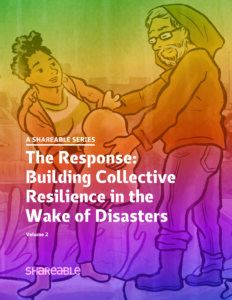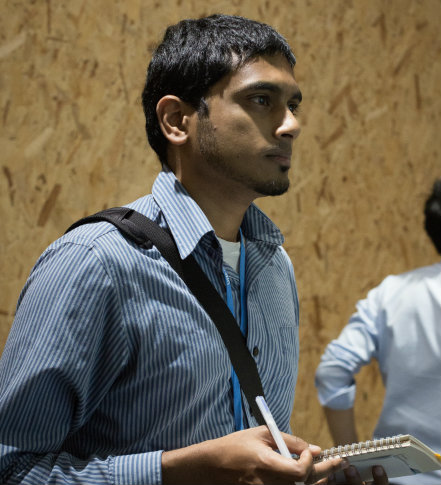At a virtual summit entitled Cities Against COVID-19, with over 120 participants representing cities around the world, Park Won-soon, the mayor of the South Korean capital Seoul, announced the forthcoming launch of a new platform tentatively entitled Cities Alliance Against Pandemic.
“Cooperation between municipalities governments is essential,” said Park at the summit. “We need to prepare for future disasters and infectious disease outbreaks through joint efforts of partner cities. Cities will take the lead in overcoming the pandemic and shape the future of humanity.”
The new platform is modeled on a website launched by the Seoul metropolitan government earlier this year, which shared detailed information on the city’s response to COVID-19. It will initially focus on sharing information on new infectious diseases, cooperating in people-to-people exchanges and reducing barriers with regards to travel and economic activities between cities.
“The only option for us to save each other is through solidarity and cooperation,” said Park. “City governments should come forward and take the lead and put our collective heads together.”
South Korea has emerged as a model for how to respond to the ongoing COVID-19 pandemic, and sharing has played a key role. In fact, Seoul has been recognized as a global model sharing city since the launch of the Sharing City Seoul Project in 2012. Under Mayor Park, the city has expanded apartment-based lending libraries, given financial support for sharing businesses and even launched a sharing-economy-oriented start-up school.
These efforts played a part in the city’s response to COVID-19, with Mayor Park and other city officials at the summit highlighting the role of citizen participation, and the creation of sharing networks, as key in not only limiting the spread of the disease, but also ensuring that there weren’t food shortages or panic buying.
“They took initiative on social distancing and voluntarily wearing face masks,” said Park.
Other participants at the summit highlighted the importance of emphasizing sharing as we emerge from the pandemic and look to build more resilient, healthy, safe cities. In Spain, Italy, New York and elsewhere, sharing played a role in how neighborhoods responded to the crisis, said Harmen Van Sprang, co-founder of the Sharing Cities Alliance.
“What I see is that there is more sharing going on, and helping and caring for each other is coming to the surface,” said Van Sprang. “My hope is that we will continue to see this development of caring and sharing in the post-pandemic era.”
Neal Gorenflo, co-founder of Shareable, said via video that he sees an opportunity for cities to play a bigger role as not only economic, but political actors.
“The pandemic not only shows that cities need more independence from global capital and nations states, it shows the opportunity that cities have to enhance their global leadership,” said Gorenflo.
As for Seoul, it plans to continue to play a key role as both a convener and as an innovator. The current focus is on expanding access to public goods in order to tackle inequality, and also expanding citizen participation in governance and budgeting.
“Engaging more citizens is important, which is why Seoul came up with a citizen participation budget system,” said Jeong Seon-Ae, Director General of the Seoul Innovation Bureau, in the city government. Currently, if 1,000 residents agree on a project through a digital platform, the mayor himself must respond, and the scope of the project will grow over time. “A phased approach will be taken until 2022, and the scale that Seoul is doing this is unprecedented.”
The city will also be hosting the Sharing Cities 2020 Summit, currently scheduled for November. By then, it is hoped that more regions will have emerged from the pandemic, and there may be an opportunity to redefine the role of cities in building the post-pandemic economy.
“Let’s think of a new normal, a way forward where we can all thrive and be resilient, in livable, sharing cities for a long future together,” said Van Sprang.
##
This article is part of our reporting on The People’s COVID-19 Response. Here are a few articles from the series:
- Coronavirus catalyzes growing wave of grassroots action despite social distancing
- The coronavirus pandemic calls us to share more than ever
- The People’s COVID-19 Response needs you
- 10 ways to share during the COVID-19 pandemic
- The pandemic isn’t a portal, yet
- The Response: Resisting COVID-19 with mutual aid in Chico, CA
- 20 ways Shareable readers are helping during the pandemic
 |
Download our free ebook- The Response: Building Collective Resilience in the Wake of Disasters (2019) |









